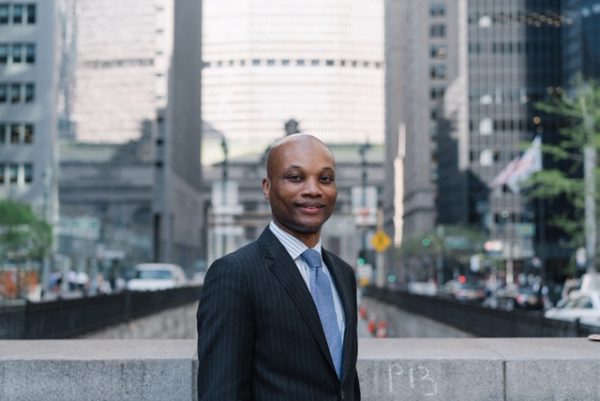By Noel K. Tshiani
The Democratic Republic of Congo is the second largest African country by territory, and it has a population of nearly 80 million people. Congo is a developing country, and its diaspora in Europe, America, and Asia can play an active and major role in contributing to its economic development in sectors ranging from finance, technology, construction, agriculture, to energy.
The diaspora has already shown an active involvement in the country’s economy through remittances. In the previous three years combined starting in 2015, the diaspora sent nearly $175 million to family members, according to data from the World Bank.
Congo is known for being a country that is rich in mineral resources that are estimated at nearly $24 trillion in value. And it is well known that the wealth of any country is its human capital (the knowledge, skills, and professional experience) that is necessary to produce the goods and services in the marketplace.
The Congolese diaspora is a tremendous source of human capital that can be used to contribute to economic and social development, especially as the country looks forward to transitioning into a new government after the December 23rd presidential elections.
In Europe, the Congolese diaspora is estimated at around 300,000 to 400,000, and most of these people are concentrated in France, Belgium, and Switzerland. And in the American continent, there are nearly 67,000 Congolese, with 40,000 in the United States and 27,000 in Canada, according to the most recent government census figures from the respective countries.
In Asia, the diaspora is estimated at around 5,000 people, and the majority of these people are in China. Other countries such as Japan, South Korea, Hong Kong, and Singapore have a diaspora that is well educated and is also high-skilled, especially in the financial services sector.
However, for the diaspora to effectively contribute to development in Congo, it must organize itself into formal organizations that function as international business networks, through which professionals and entrepreneurs from the Congolese diaspora, can identify those who have the necessary expertise and mobilize them in order to invest in the country by developing a variety projects that lead to economic growth and job creation across the country.
The networks can also act as mechanisms through which the diaspora can stay connected to the realities of what is happening on the ground by having key points of contacts in various sectors in Congo. By being connected to other professionals and entrepreneurs in Congo, the diaspora will be able to utilize the knowledge and skills that would otherwise remain dormant overseas.
That is why I have launched Congo Business Network in order to allow professionals and entrepreneurs from the Congolese diaspora from around the world to connect with each other and develop professional relationships that are necessary in order to succeed in business in the diaspora and in Congo.
Congo is at a defining moment in its history as its citizens look forward to participating in peaceful elections this year. Now is the time for the diaspora to organize itself at the international level and develop formal and working international business networks that will enable professional and entrepreneurs in contributing expertise and in investing capital that are needed in order to build the country’s economy in the months and years head.
Noel K. Tshiani is president of Agere Global, an investment advisory and business strategy firm based in New York.



